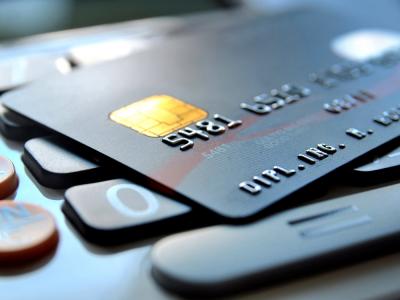
With holiday shopping season well underway, Adobe is estimating that online shopping will top $83 billion, representing an 11% increase from last year.
While the convenience of online shopping allows you to easily cross items off your list from the comfort of your home, cybercriminals are lurking as a constant threat to people who don’t take basic precautions to protect themselves.
Steve Weisman, senior lecturer at Bentley University and a leading expert on cyber security, is available to discuss tips for safe online shopping this holiday season.
- Before you type in your credit card information while shopping online, make sure that the URL begins with "https" rather than merely "http." The "s" means that your data is being encrypted and is more difficult for an identity thief to intercept.
- Resist the temptation to leave your credit card number on file with online retailers from which you regularly make purchases because it leaves you in greater danger of identity theft in the event that the company is hacked and becomes the victim of a data breach, which is quite possible.
- Use your credit card for purchases rather than your debit card. Your credit card comes with greater protection by law from fraudulent purchases and even if your debit card issuer offers zero liability, as some do, you still lose access to the bank account to which the card is attached while the bank investigates any fraudulent purchases you may discover. This can cause automatic payments that you may make for car loans, mortgages or other reoccurring bills to bounce while the bank completes its investigation.
- Use strong, unique passwords for each of your accounts so if one retailer that you use is hacked, identity thieves won't have access to all of your other accounts. A strong password will combine capital letters, small letters and symbols. Start with an easy to remember phrase such as "I don't like passwords" and make that the base for all of your passwords so it reads IDon'tLikePasswords.
- Make sure that your anti-virus and anti-malware software on the computer, smartphone or other device you use for shopping is kept up to date with the latest security patches.
- Never use public WiFi for shopping. You can't be sure when using public WiFi whether it is the authorized WiFi of the coffee shop or other company providing public WiFi or whether it is WiFi that appears to be public, but is actually the WiFi of the identity thief sitting a few tables away from you.
Meredith Mason

